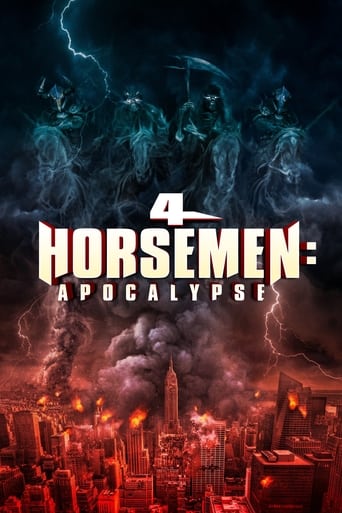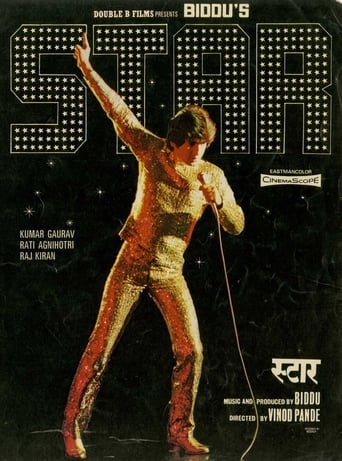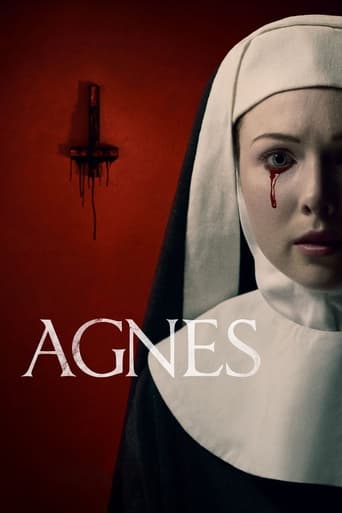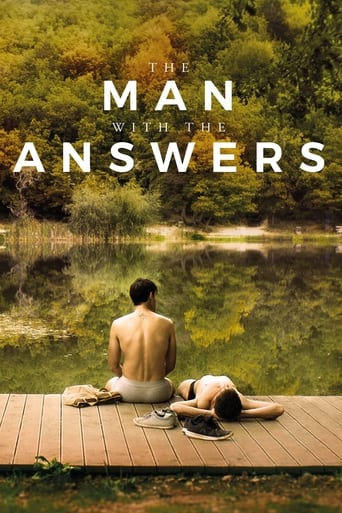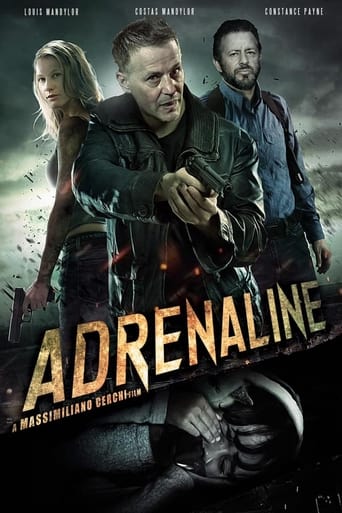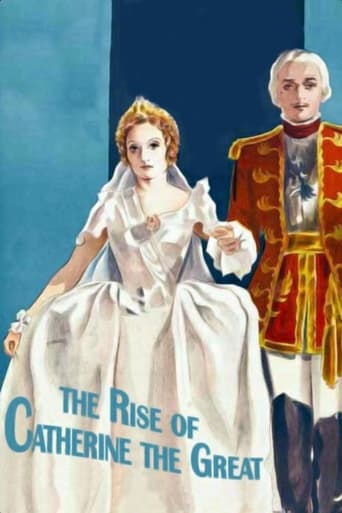


The Rise of Catherine the Great
The woman who will become Catherine the Great marries into the Russian royal family when she weds Grand Duke Peter, the nephew of Empress Elizabeth. Although the couple has moments of contentment, Peter's cruel and erratic behavior causes a rift between him and Catherine. Mere months after Peter succeeds his aunt as the ruler of Russia, a revolt is brewing, and Catherine is poised to ascend to the throne as the country's new empress.
-
- Cast:
- Douglas Fairbanks Jr. , Elisabeth Bergner , Flora Robson , Gerald du Maurier , Irene Vanbrugh , Joan Gardner , Dorothy Hale


Similar titles
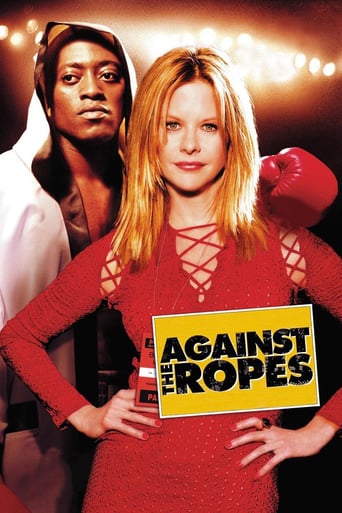


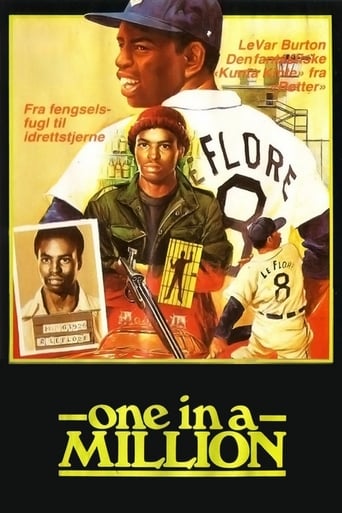
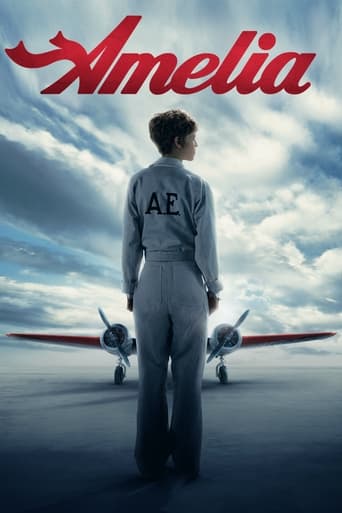
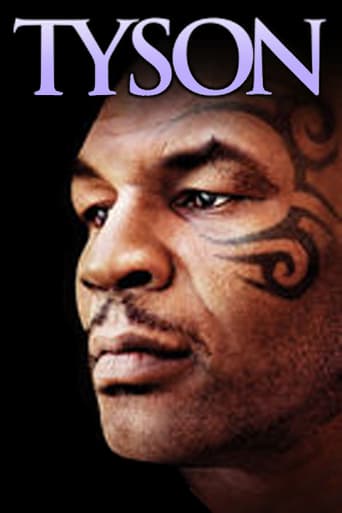
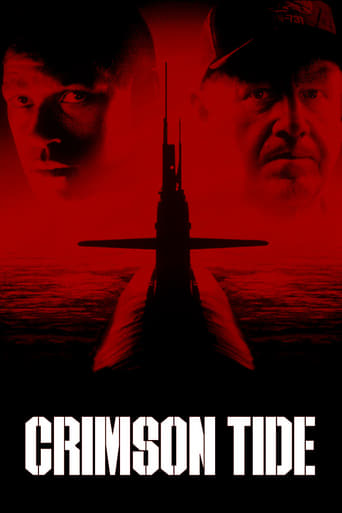
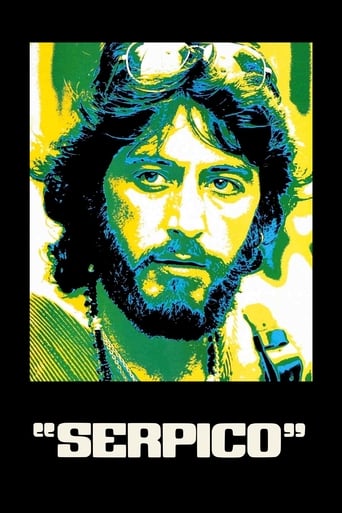
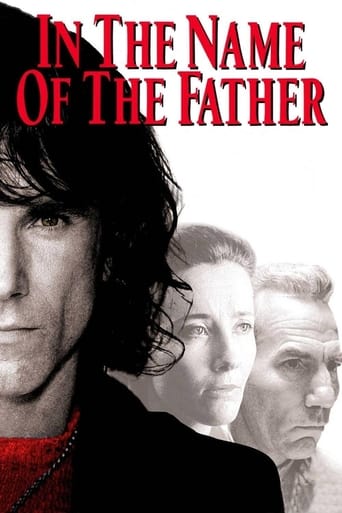
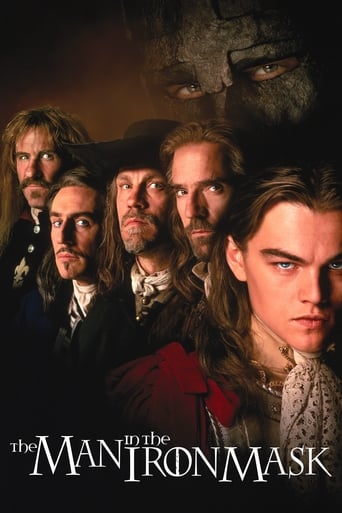
Reviews
if their story seems completely bonkers, almost like a feverish work of fiction, you ain't heard nothing yet.
A movie that not only functions as a solid scarefest but a razor-sharp satire.
It’s fine. It's literally the definition of a fine movie. You’ve seen it before, you know every beat and outcome before the characters even do. Only question is how much escapism you’re looking for.
The story, direction, characters, and writing/dialogue is akin to taking a tranquilizer shot to the neck, but everything else was so well done.
Like "Rembrandt" which I recently reviewed on this board "The Rise of Catherine the Great" is an ostensibly British historical film from the thirties which might also be regarded as a multi-national co-production. It was based on the play by two Hungarian writers (Lajos Bíró and Melchior Lengyel) about a German-born Russian Empress. It had two co-producers, one Hungarian (Alexander Korda) and one Italian (Ludovico Toeplitz), an Austrian director (Paul Czinner) and an American-born leading man (Douglas Fairbanks junior). Its leading lady, Elisabeth Bergner, is difficult to categorise in terms of ethnicity. She was born to a German-speaking Jewish family in what was at the time of her birth part of the Austro-Hungarian Empire, at the time this film was made part of Poland and today is part of the Ukraine. Rather than determine whether she should be described as German, Austrian, Hungarian, Polish or Ukrainian, her Wikipedia entry evades the issue by calling her a "European actress".In 1745 Princess Sophie Auguste Frederika of Anhalt-Zerbst arrived in Russia to marry the Grand Duke Peter, heir to the Russian throne. Although Peter had a Russian mother, he too was from a German princely house, that of Holstein-Gottorp, and could speak little Russian. (By rights the name of Russia's ruling dynasty should, from 1762 onwards, have been the House of Holstein-Gottorp, but for reasons of both nationalism and continuity Peter's descendants continued to use the more authentically Russian surname Romanov). Upon arrival Sophie's name was arbitrarily changed to Yekaterina, generally rendered in English as Catherine, even though "Sofiya" would have been a perfectly acceptable Russification of her German name. Her marriage to the mentally unstable Peter was not a happy one, but they remained together until after he had ascended the throne in 1762. (Divorce would presumably have been unthinkable). As Tsar Peter proved a disaster, and within a few months he was removed from power by a military coup, dying in mysterious circumstances shortly afterwards, following which the coup plotters invited Catherine to become Empress in her own right.As its title suggests, the film only deals with Catherine's rise to power and not with her subsequent reign. One or two details have been changed for dramatic purposes; in reality Catherine and Peter's marriage lasted for seventeen years, but in the film this period is greatly telescoped and no mention is made of their children. (Their son Paul eventually became Tsar after Catherine's death, even though he was nearly as mad as his father). No mention is also made of the historical Catherine's notorious sexual promiscuity, but in 1934 movie heroines were required to be impeccably virtuous, and Catherine is very much the heroine here.Bergner is not very good in the leading role, partly because she did not speak English very well but mainly because she is insufficiently imperious and commanding to make us think that this is a woman capable of not only ruling a mighty empire in her own right but also ruling it so well as to acquire the title "The Great". One cannot envisage Bergman's "Little Catherine" ever amounting to more than, at most, a puppet in the hands of the aristocrats and military officers who carried out the coup d'état.Fairbanks, however, is good as Peter, a difficult role to play because in this production Peter, although suffering from mental illness, is not altogether unsympathetic. At times he is capable of showing love towards Catherine, who for a time returns his love until he begins an affair with another woman. When he dies in the coup his wife is devastated, which is probably more than one could say for the real Catherine. Flora Robson is also good as Empress Elizabeth, Peter's aunt and Catherine's autocratic if capable predecessor.The mid-eighteenth century was a period when clothes and furnishings favoured by the wealthy classes of Europe were particularly fanciful and elaborate, and this is reflected in the lavish sets and costumes on view here. (By this period the Russian nobility had largely adopted Western fashions; had the story been set a hundred years earlier the clothes of the Boyars and their wives would have been very different to those worn by their English or French counterparts). It is therefore a pity that the film was made in black-and-white, but in 1934 colour film was an expensive luxury, rarely used in Britain. "The Rise of Catherine the Great" is a fairly decent historical yarn, but I felt it could have been better with another actress in the leading role. 6/10 A goof. The film begins and ends with a rousing rendition of the Russian Imperial Anthem, "Tsarya, Bozhe, Khrani", but this hymn was not written until 1833, long after the date when the film is set.
From the new Eclipse box set Alexander Korda's Private Lives. I debated on whether or not to buy this one. I love The Private Life of Henry VIII, starring Charles Laughton, but haven't seen the others. They don't have very good reputations. And I usually say that I like neither biopics nor costume genres. Yet, strangely enough, I do like loopy historical biopics where the filmmakers have no real sense of history. They can be a lot of fun. The Rise of Catherine the Great is a pretty uneven film. It has its overly stuffy moments, and the acting is all over the place. The sets and visuals are nice, though not quite as opulent as in the other Catherine the Great movie made the same year in Hollywood, The Scarlet Empress. Neither of these movies are great, unfortunately. Neither are very well directed. The Rise of Catherine the Great works somewhat because of a couple of performances in it, as well as a small handful of excellent scenes. Elisabeth Bergner plays the titular character. Unfortunately, she's one of the most uneven parts of the film. As the ingénue Catherine, she's quite annoying. Her strong German-accented English makes her sound mentally retarded at times. But she is rather good later in the film when she is learning the ropes of royalty, or when she's trying to quell her husband's anger. The husband, Grand Duke Peter, is played by Douglas Fairbanks Jr. He might be the best thing about the film. Can't say I'm overly familiar with his career, but his performance is extremely good here. Flora Robson is also quite good as the empress Elisabeth.
The drama and characters in this movie about "Catherine the Great" are generally pretty good, although often non-historical, and the atmosphere is often quite good. The settings and many of the details were crafted with care, and apparently with ample resources available.Elisabeth Bergner often gives distinctive, sometimes unusual portrayals of her characters, and this is no exception. Yet Catherine was such a complex figure that it's almost a moot point as to how accurate Bergner's portrayal may be, especially since the story here is mostly concerned about her younger days, before she became Empress. Bergner definitely makes Catherine interesting and worth caring about.The story itself is interesting, and though it should not be viewed as accurate history, as a movie it works well enough, and sometimes it works quite well. As Peter, Douglas Fairbanks, Jr. gives his character a nature that is probably quite different from the historical Peter, but in itself it is a believable and effective portrayal.The story of the ongoing intrigues involving Peter, Catherine, Elizabeth (a well-cast Flora Robson), and others, has some good moments. The historical situation was complicated, and it lends itself easily to a movie adaptation. The settings work well in conveying both the historical period and also the atmosphere of plots and counter-plots. The movie as a whole was overshadowed, even in its own time, by other features on the same subject, but it is still a good effort that is worth watching.
This is the story of CATHERINE THE GREAT, Czarina of All The Russias. Summoned by a fierce, dying Empress to marry the Russian heir, young princess Catherine soon learns that her bridegroom is both unfaithful & insane. After the death of the old Empress, Catherine's danger increases and she must learn to be very cunning in order to save herself from her unpredictable royal husband...Vienna-born Elisabeth Bergner, in her first English-language film, is radiant as the obscure German princess who would become the most powerful woman in Russian history. Hers is an excellent performance in a difficult role, where it would have been easy to be upstaged by the other, flashier, characters. As Grand Duke Peter - later Czar Peter III - Douglas Fairbanks Jr. behaves like a homicidal Hamlet, all moodiness & flares of deadly temper. He makes an interesting effort to create a charmer out of a pathetic man who was obviously a maniac.(Actual history relates that Catherine & Peter were married 17 years and had 3 children before Peter's ascension to the throne - a time period necessary for Catherine to build her strength, but which the movie makers ignore.)Miss Bergner & Mr. Fairbanks are given an excellent supporting cast. Dame Flora Robson is wonderful as the Empress Elizabeth. Suspicious, domineering & rather wanton, Dame Flora makes the viewer want to know the story of this noteworthy monarch, overshadowed in history by her colorful successor. Celebrated stage actress Dame Irene Vanbrugh makes a rare screen appearance as Catherine's mother. The small role of Peter's French valet is performed by Sir Gerald du Maurier, one of the great English actor-managers of the early days of the century. In this, his penultimate role & a few months from his death, Sir Gerald had become largely forgotten by his once enormous public. He gives his few lines great dignity. In his autobiography, Fairbanks relates that upon arriving at the studio prior to filming and before the other cast members, he discovered that he had been assigned a large dressing room, whilst Sir Gerald had been given a tiny one. Deciding this was not a proper way to treat the legendary actor, Fairbanks switched names on the doors. Sir Gerald soon arrived, sweeping majestically into the larger room, as if this was only natural...It is fascinating to compare this very fine historical drama with Marlene Dietrich's SCARLET EMPRESS, also produced in 1934.

